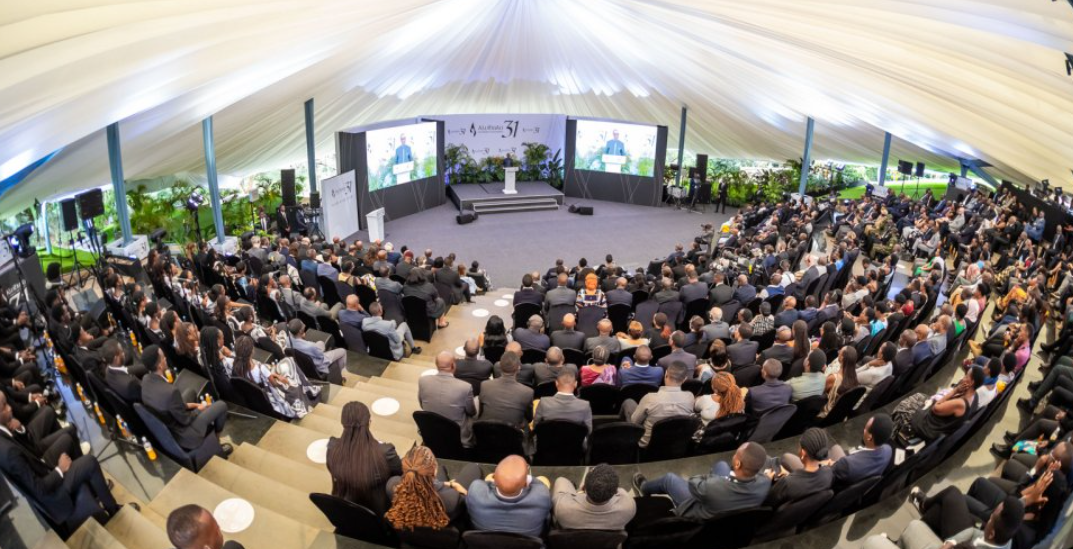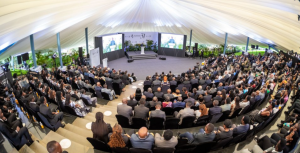Burundi’s Independent National Electoral Commission (CENI) has officially announced the timetable for the country’s upcoming general elections in 2025. The election period is set to begin with presidential elections on May 20, 2025, followed by legislative elections on June 3, 2025. This announcement marks a significant moment in the country’s political landscape, as citizens prepare to elect their new leaders for both the presidency and the National Assembly.
A key aspect of the process is voter registration, which will be conducted from June 2024 through February 2025. This phase is crucial to ensuring that the elections are inclusive and representative of all eligible voters across the country. The voter registration initiative is expected to cover all regions, including rural and remote areas, ensuring that no eligible citizen is left behind in participating in this democratic process.
Campaigning for both presidential and parliamentary candidates is set to officially begin in March 2025 and run until May 2025. During this period, political parties and independent candidates will have the opportunity to present their policies, programs, and visions to the electorate. The campaign period is seen as essential in promoting democratic discourse and giving citizens the chance to assess the competing platforms, particularly on key issues such as economic development, governance, healthcare, and security.
The 2025 elections come at a pivotal moment for Burundi, a country that has faced political and social unrest in recent years. In 2015, protests erupted following the controversial decision by then-President Pierre Nkurunziza to run for a third term, leading to a period of political instability. The current president, Évariste Ndayishimiye, who took office in 2020, has made efforts to restore stability and promote democratic governance. However, challenges remain, particularly in the areas of political freedom, human rights, and economic growth.
These elections will be a crucial test of Burundi’s progress under Ndayishimiye’s leadership and will serve as a gauge of how far the country has come in rebuilding its democratic institutions. Observers from across the globe will be watching closely, including international bodies such as the African Union (AU) and the United Nations (UN), as well as regional neighbors in the East African Community (EAC). These organizations are expected to send observers to monitor the elections to ensure they are free, fair, and transparent, in line with international standards.
One of the key concerns ahead of the elections is the political climate in Burundi. Opposition leaders have often expressed concerns about limited political space and the repression of dissent. Ensuring that all political parties, including opposition groups, are able to participate freely and fairly in the election process will be critical to the credibility of the results. The international community, as well as local civil society organizations, will be particularly vigilant in assessing whether the elections are conducted in a manner that upholds political pluralism and respects fundamental rights.
The general elections in 2025 offer a potential turning point for Burundi. If conducted successfully, they could serve to further solidify the country’s democratic foundations and promote political stability. Peaceful and transparent elections would also bolster Burundi’s international standing and open doors to greater economic partnerships and development assistance.
For Burundian citizens, these elections represent a chance to shape the future of their country. As they prepare to head to the polls, many will be hopeful that this election cycle brings about meaningful change, addressing the social, economic, and political issues that have long challenged the nation.
The road to the 2025 elections is still long, but the release of the timetable is an important first step. All eyes will now be on the political developments in the lead-up to the elections, as Burundi looks to navigate this critical period in its history and move toward a more stable and democratic future.
For more details, visit the original article here.








